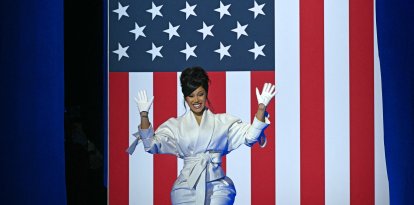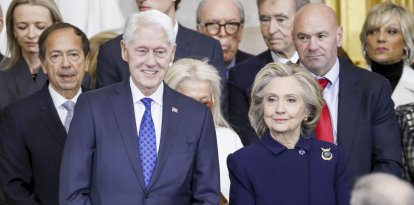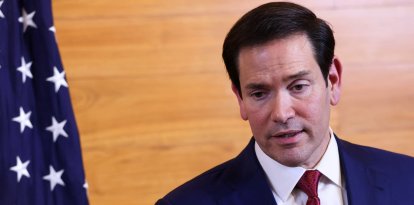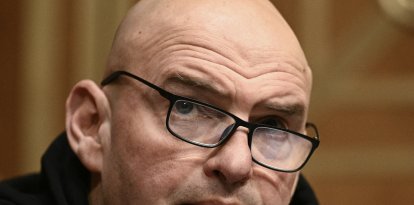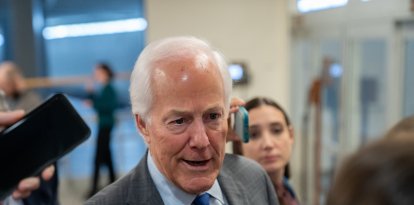Biden's new strategy to curb Beijing's military buildup
The president signed an executive order limiting U.S. investments in high-end technology sectors in China, with the intention of preventing that money from going into the coffers of the CCP.
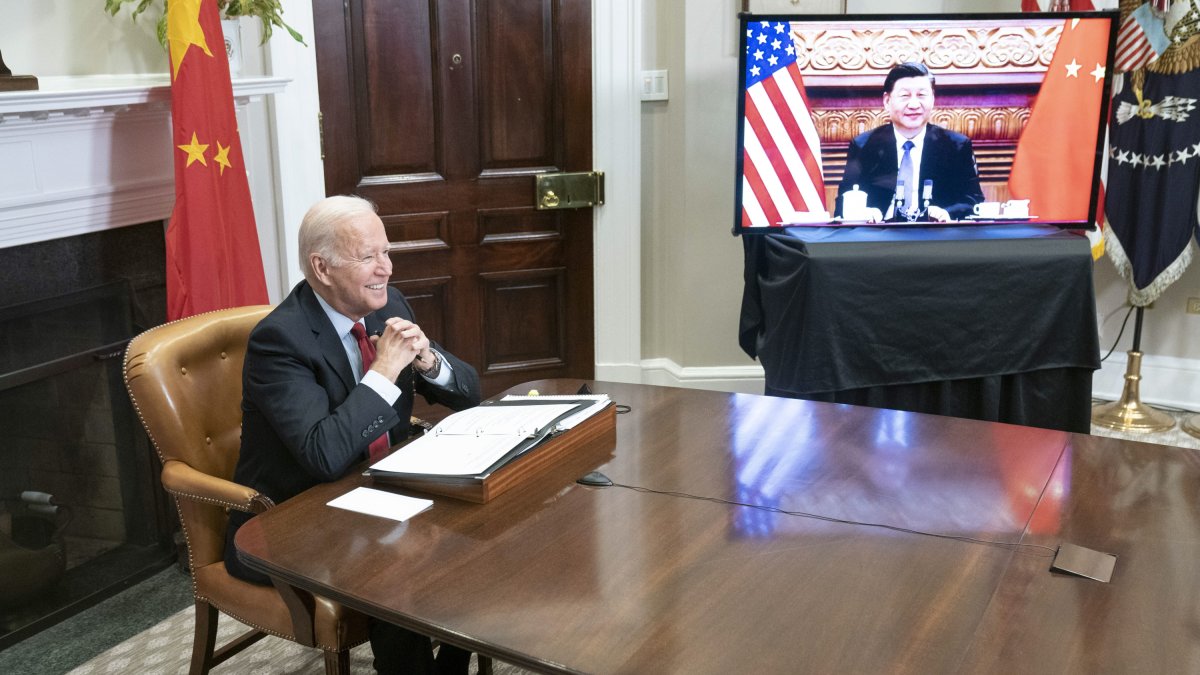
(Cordon Press)
Joe Biden is taking steps to curb Beijing’s military buildup. On Wednesday, the president signed an executive order to limit U.S. investments in a specific sector of China: high-end technology. With this measure, it aims to prevent money invested by U.S. companies from falling into the hands of the Chinese Communist Party (CCP), which could use it to improve the quality of its military.
Specifically, the executive order will not allow private equity and venture capital firms to invest in Chinese companies developing semiconductors, quantum computers, artificial intelligence applications and other microelectronics.
In turn, according to a senior official who spoke to POLITICO on condition of anonymity, it will require these companies to notify the federal government if they wish to invest in any such production that is not covered by export controls.
“The thing we’re trying to prevent is not money going into China overall, because they have plenty of money. The thing they don’t have is the know-how, and … the know-how we’ve seen [transferred] is often very connected to specific types of investments, and that isn’t necessarily seen when it comes to passive investments in the Chinese stock market,” he explained.
As reported by the Treasury Department, which is in charge of implementing the initiative, “The Biden administration is committed to keeping America safe and defending America’s national security through appropriately protecting technologies that are critical to the next generation of military innovation.”
For the agency led by Janet Yellen, the president’s action is “narrowly targeted” as it complements existing export controls and his “longstanding commitment to open investment.”
Relations between Beijing and Washington are at a very delicate moment. The mystery balloon episode and Xi Jinping’s hostility to Taiwan are some of the reasons for this rough patch. Biden recently tried to improve the situation by sending Antony Blinken and Yellen to Chinese territory for talks.
Next to travel will be Gina Raimondo, current Secretary of Commerce, who will travel in a few weeks. Like those who preceded her, she will try to ease tensions with her Asian counterparts.
China’s response
Of course, these restrictions did not go down well with the Chinese government, which quickly criticized the U.S. initiative. According to them, the executive action is designed to “politicize and weaponize” international trade.
“The latest investment restrictions will seriously undermine the interests of Chinese and American companies and investors, hinder the normal business cooperation between the two countries and lower the confidence of the international community in the U.S. business environment,” said Liu Pengyu, the Chinese Embassy spokesperson, in a statement.














